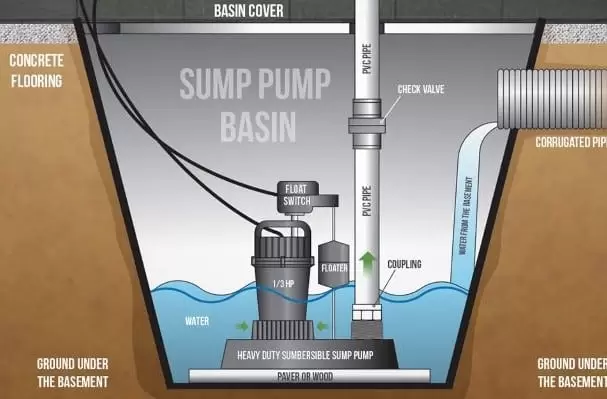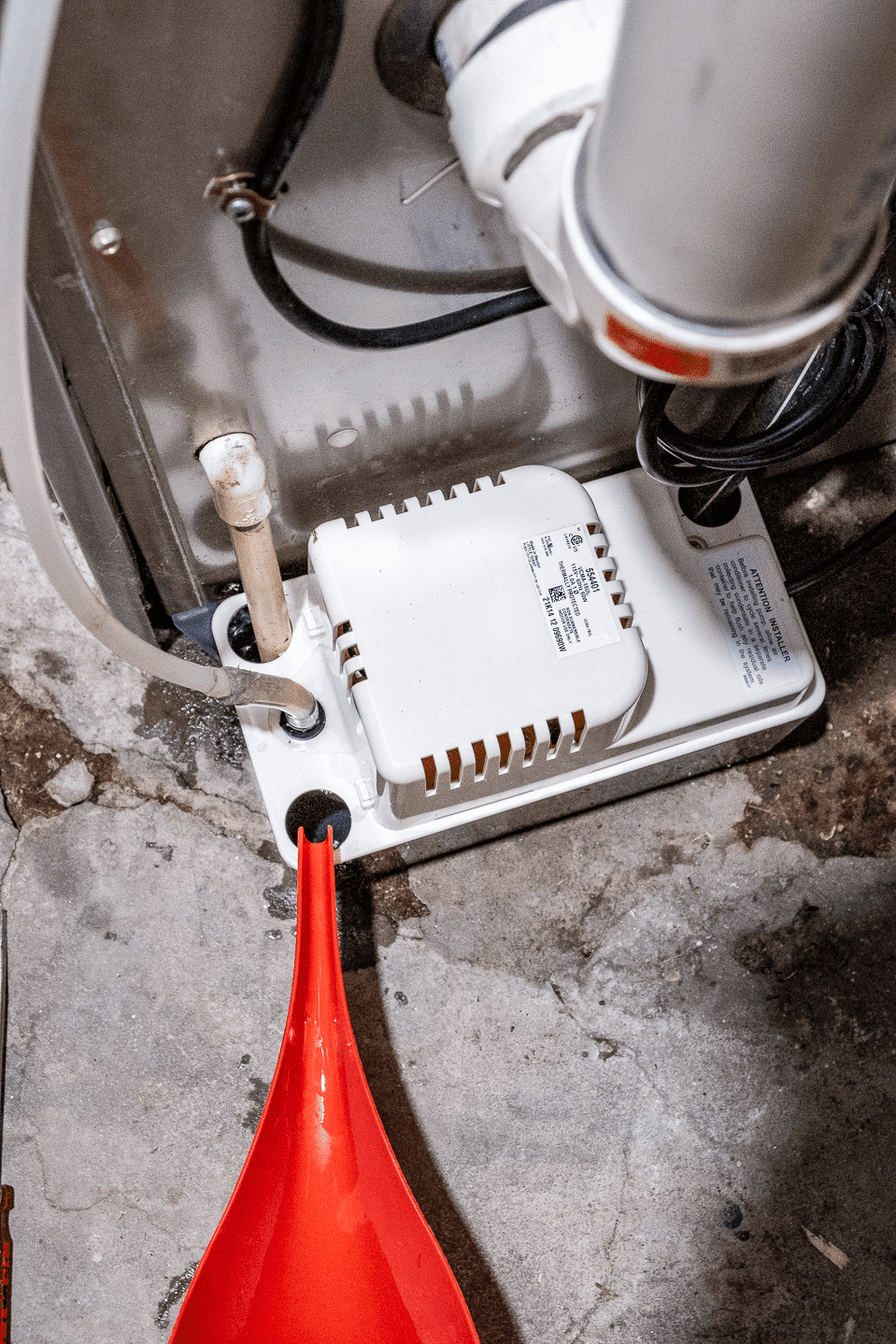Positive Water Treatment Measures: Purchasing Long-Term Water Quality
Positive Water Treatment Measures: Purchasing Long-Term Water Quality
Blog Article
Understanding the Secret Components of Effective Water Filtration Systems

Value of Water Filtering Systems
Water purification systems play a critical function in guaranteeing access to tidy and risk-free drinking water by effectively getting rid of contaminations and pollutants. These systems are essential in resolving the expanding concerns over water top quality and the potential wellness dangers related to taking in contaminated water. By using various purification devices such as reverse osmosis, turned on carbon, and UV sterilization, water purification systems can successfully get rid of harmful compounds like bacteria, viruses, hefty metals, and chemicals from the water.
In addition, water filtration systems help to enhance the preference and odor of water by getting rid of chlorine, debris, and other contaminants that can influence its top quality. Water Treatment. This enhancement in water high quality not only makes it a lot more palatable yet likewise urges people to drink an appropriate quantity of water daily, advertising much better hydration and total health and wellness
Kinds Of Filtration Components

Physical filters are designed to physically stress out contaminations from the water. These filters can be made of materials like ceramic, carbon, and even sand, and they work by capturing fragments bigger than the filter's pores as water goes through.
Chemical filters use different chemical procedures to eliminate impurities from the water. Instances consist of turned on carbon filters, which adsorb impurities, and reverse osmosis membranes, which use stress to different impurities from the water.
Organic filters make use of living microorganisms like algae or microorganisms to damage down raw material and toxins in the water. These filters are usually used in wastewater therapy plants or all-natural water purification systems.
Comprehending the different kinds of filtration components is essential for selecting the most suitable water purification system for details filtration demands.
Feature of Sediment Filters
Sediment filters play a vital function in water filtering systems by efficiently capturing solid fragments put on hold in the water. These filters are normally the very first line of defense in a purification system, getting rid of larger particles such as sand, silt, dust, and corrosion prior to the water moves through finer purification phases. By trapping these debris, the filters stop them from reaching downstream components, hence prolonging the lifespan and performance of the whole system.
Overlooking this upkeep can lead to clogging, minimized water circulation, and compromised purification efficiency. Generally, debris filters are important elements that see contribute dramatically to the effectiveness of water filtering systems.
Function of Turned On Carbon Filters
Playing an important function in water filtering systems, turned on carbon filters are instrumental in eliminating contaminations and impurities from the water supply. These filters are developed to adsorb and trap a variety of pollutants, including chlorine, volatile organic compounds (VOCs), chemicals, and herbicides. The triggered carbon product has a big surface location, enabling the reliable capturing of contaminants through a process called adsorption. As water goes through the filter, the activated carbon attracts and holds onto the pollutants, making sure that the water that appears on the various other side is cleaner and more secure for consumption.
Activated carbon filters are highly reliable at boosting the taste and odor of water by reducing chemicals that can affect its top quality. They are additionally efficient in removing certain hefty metals like lead and mercury. Furthermore, these filters can help protect against the build-up of germs and algae in water, further boosting its general high quality. Due to their convenience and dependability, activated carbon filters are a key part in ensuring that water is detoxified to the highest possible criteria before reaching customers.
Understanding Reverse Osmosis Equipments
Reverse osmosis systems are advanced water filtration systems that use an advanced procedure to remove impurities and pollutants from alcohol consumption water. These systems work by applying stress to the water, forcing it with a semi-permeable membrane layer. This membrane serves as an obstacle, permitting only distilled water particles to go through, while blocking larger particles such as minerals, chemicals, and various other impurities. Therefore, the water that comes out on the continue reading this various other side is significantly cleaner and more secure for consumption.
Additionally, reverse osmosis systems are reasonably low-maintenance and can be installed under the sink or in a central purification system, giving practical access to tidy water throughout the family. Overall, understanding just how reverse osmosis systems function can help people make educated decisions about their water purification requirements.
Final Thought
Finally, reliable water purification systems are vital for making certain secure and clean drinking water. The crucial elements of these systems consist of debris filters, activated carbon filters, and turn around osmosis systems. By comprehending the function and function of each component, people can make educated choices when choosing a water filtration system. It is necessary to prioritize the top quality of water in order to promote total health and wellness and well-being.
Water filtering systems play an essential function in ensuring accessibility to risk-free and tidy drinking water by successfully getting rid of impurities and pollutants. By making use of various filtering devices such as reverse osmosis, turned on carbon, and UV sterilization, water filtering systems can successfully eliminate damaging materials like microorganisms, viruses, heavy steels, and chemicals from the water supply.
Debris filters play a crucial role in water filtering systems by properly recording solid particles suspended in the water (Pump repairs & installation).Playing an important function in water purification have a peek at this website systems, turned on carbon filters are instrumental in removing impurities and contaminants from the water supply.Reverse osmosis systems are sophisticated water purification systems that utilize an advanced procedure to eliminate pollutants and contaminations from alcohol consumption water
Report this page